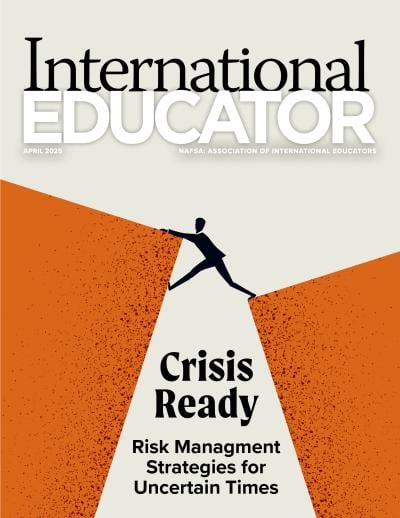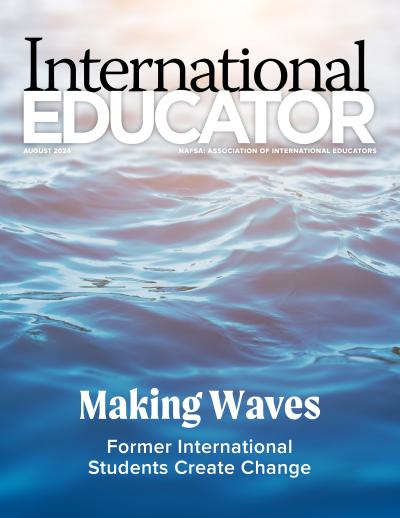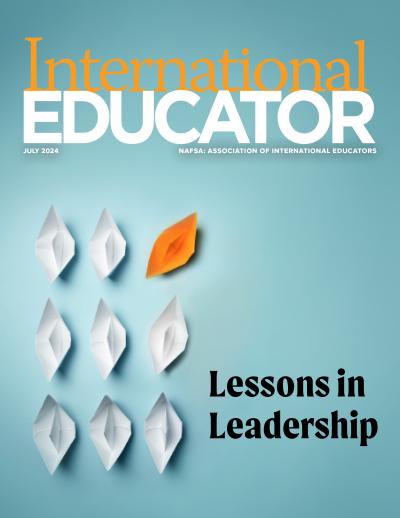Foundations of Undergraduate Research Abroad
International educators are observing increased student interest in conducting research abroad, as well as a push from campus leadership to pursue such programs. The desired outcomes of undergraduate research range from opportunities to wed theory with practice and work closely with faculty, to developing skills needed to work both independently and collaboratively.
For students pursuing research in an international setting, there are myriad additional benefits, such as increasing the linguistic and cultural knowledge needed for cross-cultural understanding—which leads to the ability to pursue collaborative research more effectively.
For international educators, supporting students in this pursuit requires covering a wide variety of responsibilities and tasks—from the overall mission of the institution to the nuts and bolts of institutional review board regulations. At almost every stage, the education abroad office should collaborate with campus stakeholders to ensure the desired outcomes of its programs.
Incorporating Research into the Mission
The commitment to provide and support opportunities for undergraduate research abroad should start by determining how research, and specifically undergraduate research abroad, fits into the college mission. Mission statements often include language pertaining to creating change in the world, promoting global citizens, confronting complex problems, and preparing students for life beyond college. Undergraduate research abroad readily fits within these broad goals.
There may also be institutional, division, or departmental student learning outcomes that align with undergraduate research abroad, and institutions should articulate specific goals and desired outcomes, as well as highlight how they align with campuswide missions and initiatives.
The VALUE Rubrics by the Association of











